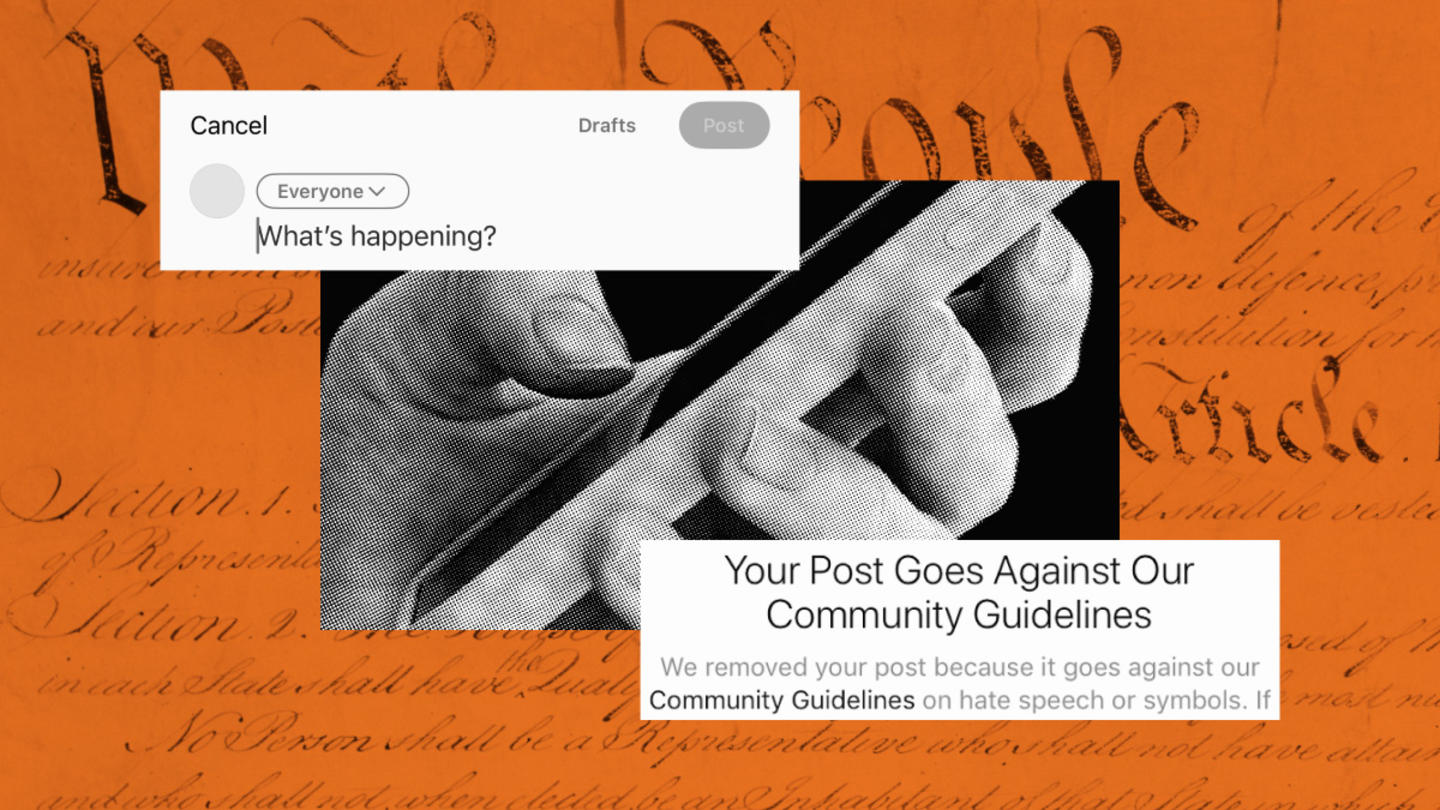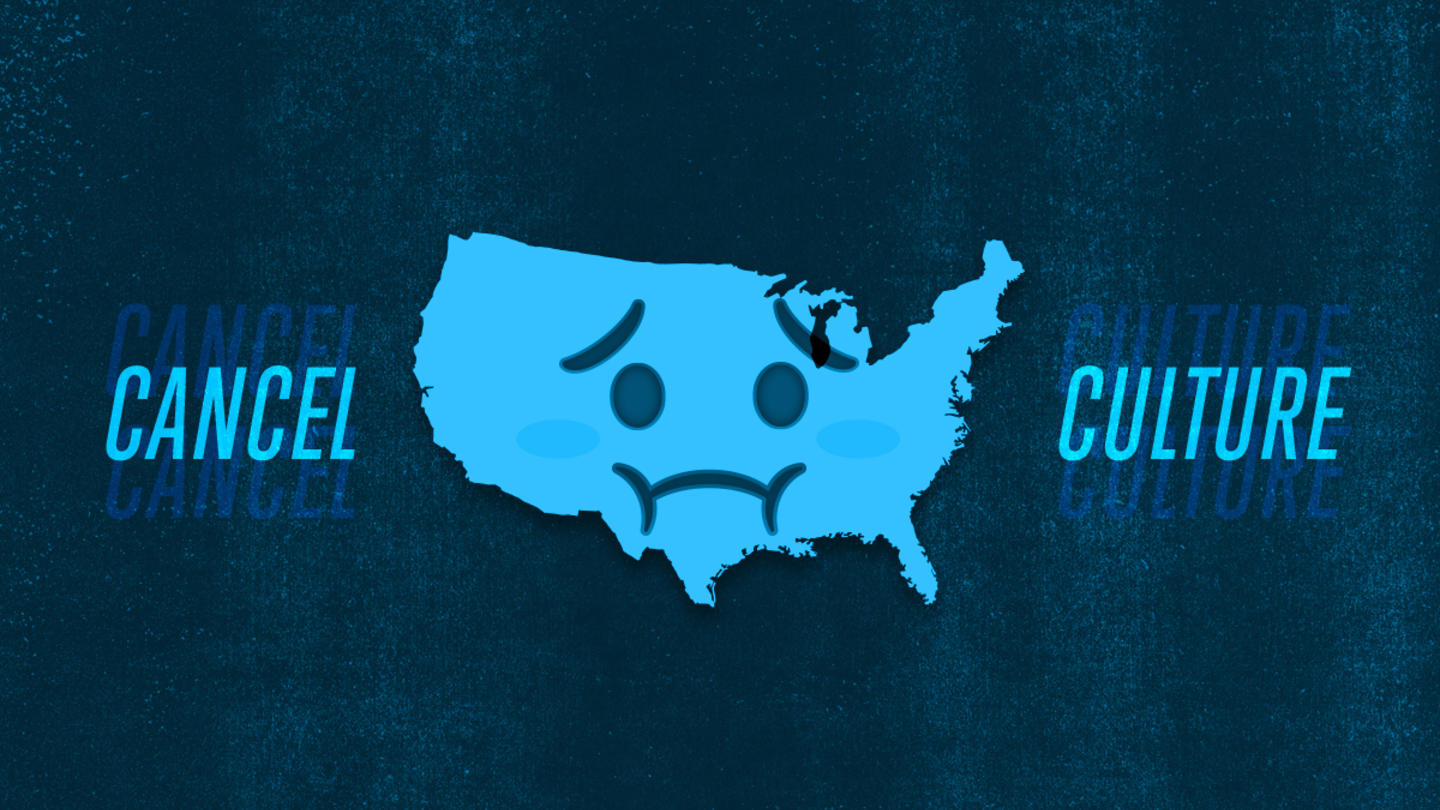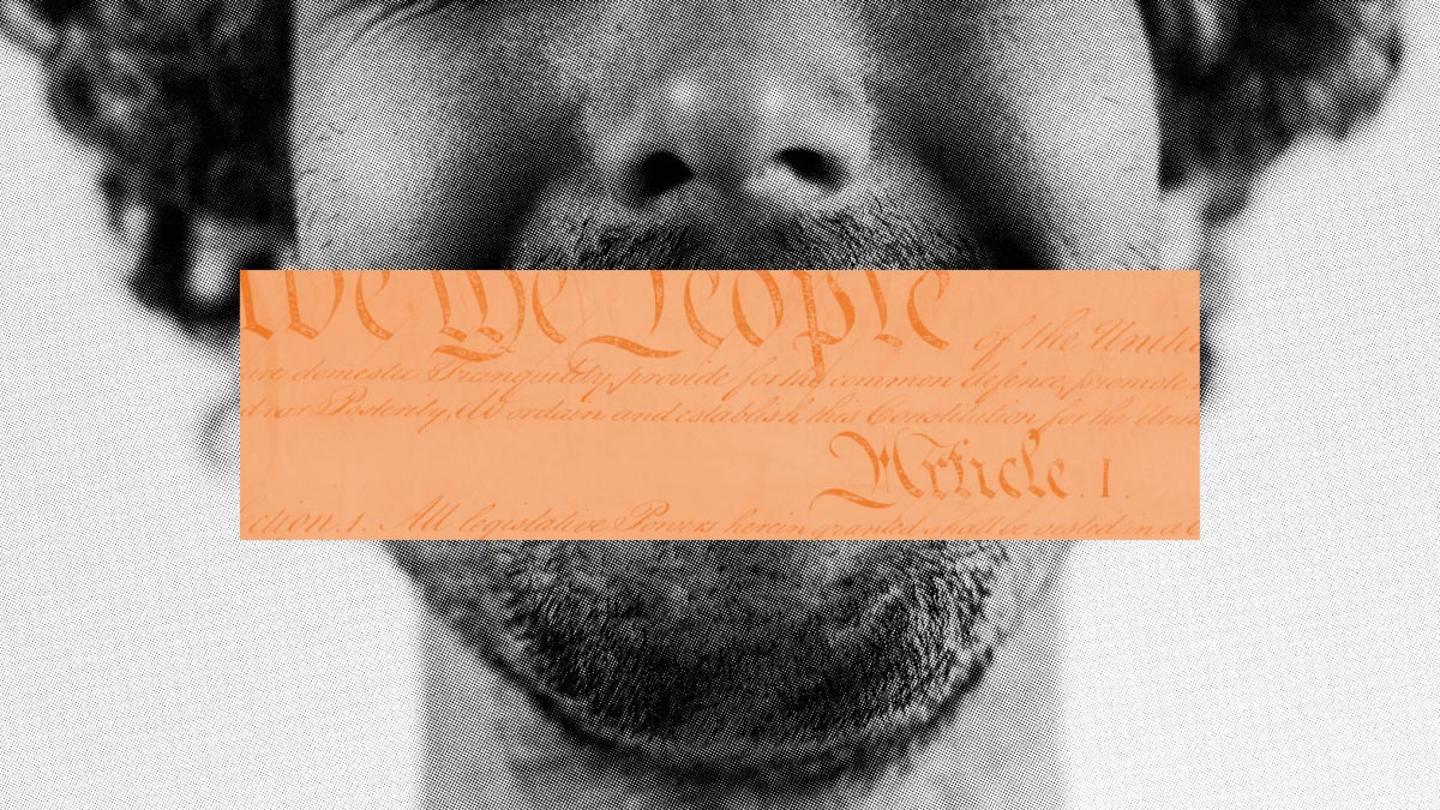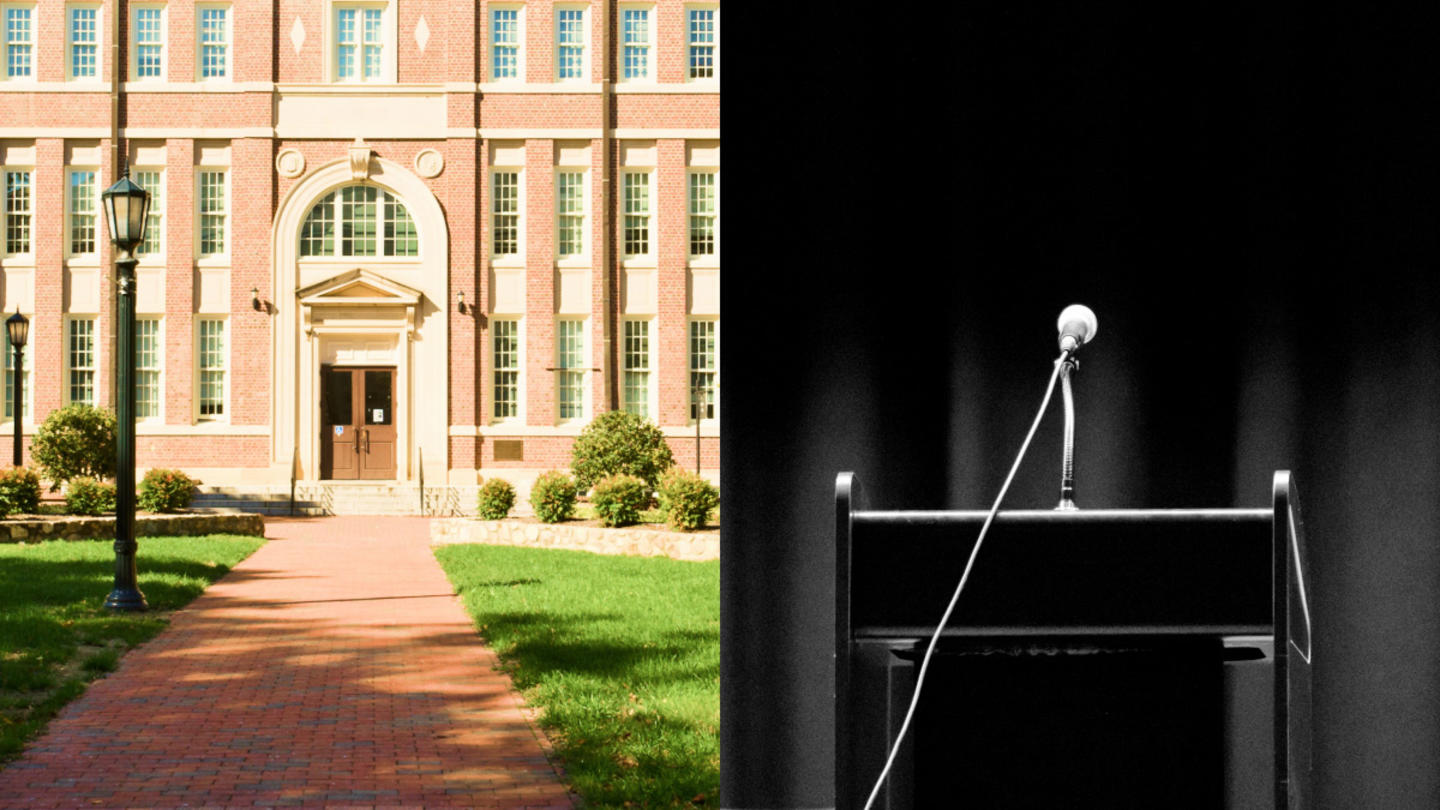This article was originally published by Stand Together Trust.
Students weigh a lot of factors when deciding where to go to college. What's the graduation rate? Do they have a strong liberal arts program? How much is tuition?
A university's commitment to free speech is one of them.
Enter the Foundation of Individual Rights and Expression (FIRE) ,a grantee of Stand Together Trust. Every year FIRE provides data ranking the free speech environments on more than 250 college campuses. Researchers weigh insights from 55,102 students, the speech policies of each school, and the free speech cases -- making it the largest survey ever about free speech on college campuses.
"Students should know that a college degree at certain schools may come at the expense of their free speech," says Sean Stevens, Director of Polling and Analytics for FIRE.
A campus that fosters an open environment and welcomes civil debate allows students to discover more about the world around them, test new ideas, and build the intellectual and emotional muscle that enables them to productively engage with different people and ideas long after they hang their diploma on the wall.
The report is valuable for any student selecting the college they will attend, and also any higher education leader or free speech advocate looking to address the specific factors impacting free speech on campuses.
For example, consider these facts from FIRE's report:
- Students from schools in the bottom five were more biased toward allowing controversial liberal speakers on campus over conservative ones and were more accepting of students using disruptive and violent forms of protest to stop a campus speech.
- Deplatforming attempts that occurred at schools ranked in the bottom five had an alarming 81% success rate.
- When provided with a definition of self-censorship, at least a quarter of students said they self-censor "fairly often" or "very often" during conversations with other students, with professors, and during classroom discussions, (25%, 27%, and 28%, respectively). A quarter of students also said that they are more likely to self-censor on campus now — at the time they were surveyed — than they were when they first started college.
- 45% of students said that blocking other students from attending a speech is acceptable to some degree, up from 37% last year. And more than a quarter of students (27%) said that using violence to stop campus speech is acceptable to some degree, up from 20% last year.
- Up to 72% of students oppose allowing a conservative speaker on campus and up to 43% of students oppose allowing a liberal speaker on campus.
Sign up for the Stand Together newsletter and get stories, ideas, and advice from changemakers to help you tackle America’s biggest problems.
These findings come from student answers to various questions informing the unique score FIRE gives colleges to determine the best and worst free speech climates.
Colleges with the best free speech rankings are (in order):
- Michigan Technological University
- Auburn University
- University of New Hampshire
- Oregon State University
- Florida State University
Colleges with the lowest free speech rankings are:
- Harvard University
- The University of Pennsylvania
- The University of South Carolina
- Georgetown University
- Fordham University
These rankings come just a little over a year since FIRE announced it was expanding -- shifting from focusing exclusively on higher education to defending the rights of all Americans from the court of law to the court of public opinion. So, while the country's leading free speech organization now protects everyone from K-12 students expressing themselves with Gadsden Flag backpack patches to drag queens performing at a Pride parade, they're continuing to provide resources to students, scholars, and university leaders to ensure civil debate, academic freedom, and openness flourishes on U.S. campuses.
Learn more about Stand Together's free speech efforts.

Here's why users should moderate social platforms themselves.

Greg Lukianoff and Rikki Schlott’s new book The Canceling of the American Mind dives into cancel culture’s origins and ways to fight it.

Protecting free speech online is vital. Free speech expert Jacob Mchangama shares how the U.S. can do that.

Free speech is under attack. These organizations are pushing back.
